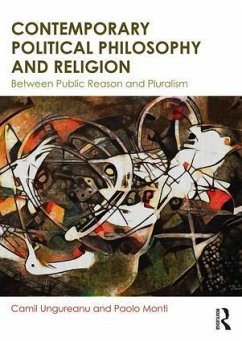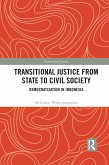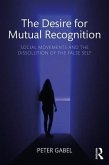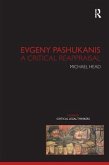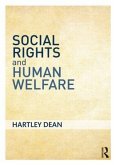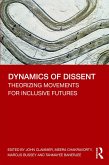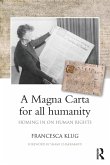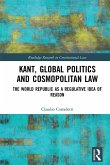Should democratic politics and religion, political reason and faith be completely separated from each other, or should they be seen in a relationship of discursive interaction? The continuous presence of religion in the public sphere has undermined state-induced attempts to privatise faith, and it has raised anew normative and practical issues related to the place of religion in a democratic polity, generating spirited political debates. This textbook: Provides an introduction to, and a critical appraisal of the major schools of political thought with a focus on the relationship between democracy and religion. Contains an analysis of different schools: political liberalism, postmodernism, and Christian thought, analytical and continental political theory. Discusses religion from the perspective of the emerging field of international political theory. Features reflections on the question of Islam and Islamism. Include an analysis and appraisal of the issue of religion in contemporary republican thinking. Deals with the relationship between democracy and religion from the perspective of two opposing theologians, representing important theological trends. Teases out the political implications of post-modern thought in a jargon-free manner. This important text will be of great to use to students of religion and politics in the fields of political and legal theory, and religious and theological studies.
What is the place of religion in a pluralist democracy? The continuous presence of religion in the public sphere has raised anew normative and practical issues related to the role of religion in a democratic polity, generating spirited political debates in Western and non-Western contexts. Contemporary Political Philosophy and Religion provides an advanced introduction to, and a critical appraisal of, the major schools of political thought with a focus on the relationship between democracy and religion. Key features of this book include: Analyses of different political traditions: liberalism, republicanism, deliberative democracy, feminism, postmodernism, multiculturalism, and interculturalism; Critical discussions of key contemporary philosophers, such as John Rawls, Jürgen Habermas, Richard Rorty, Charles Taylor, Susan Moller Okin, Martha Nussbaum, Will Kymlicka, Chandran Kukathas, and Bhiku Parekh; A pluralist approach that questions the strict divide between analytical and continental political philosophy; Discussion on the place of religion in politics from multiple perspectives by drawing on a plurality of political contexts, both Western and non-Western; Analyses of legal and political cases related to different religious traditions, for example, Islam, Confucianism, Buddhism, Christianity, and Hinduism. This comprehensive text will be of great use to students of religion and politics in the fields of political and legal theory, and religious and theological studies, while also offering critical insights and arguments that will be of interest to the experts in the field.
Hinweis: Dieser Artikel kann nur an eine deutsche Lieferadresse ausgeliefert werden.
What is the place of religion in a pluralist democracy? The continuous presence of religion in the public sphere has raised anew normative and practical issues related to the role of religion in a democratic polity, generating spirited political debates in Western and non-Western contexts. Contemporary Political Philosophy and Religion provides an advanced introduction to, and a critical appraisal of, the major schools of political thought with a focus on the relationship between democracy and religion. Key features of this book include: Analyses of different political traditions: liberalism, republicanism, deliberative democracy, feminism, postmodernism, multiculturalism, and interculturalism; Critical discussions of key contemporary philosophers, such as John Rawls, Jürgen Habermas, Richard Rorty, Charles Taylor, Susan Moller Okin, Martha Nussbaum, Will Kymlicka, Chandran Kukathas, and Bhiku Parekh; A pluralist approach that questions the strict divide between analytical and continental political philosophy; Discussion on the place of religion in politics from multiple perspectives by drawing on a plurality of political contexts, both Western and non-Western; Analyses of legal and political cases related to different religious traditions, for example, Islam, Confucianism, Buddhism, Christianity, and Hinduism. This comprehensive text will be of great use to students of religion and politics in the fields of political and legal theory, and religious and theological studies, while also offering critical insights and arguments that will be of interest to the experts in the field.
Hinweis: Dieser Artikel kann nur an eine deutsche Lieferadresse ausgeliefert werden.

